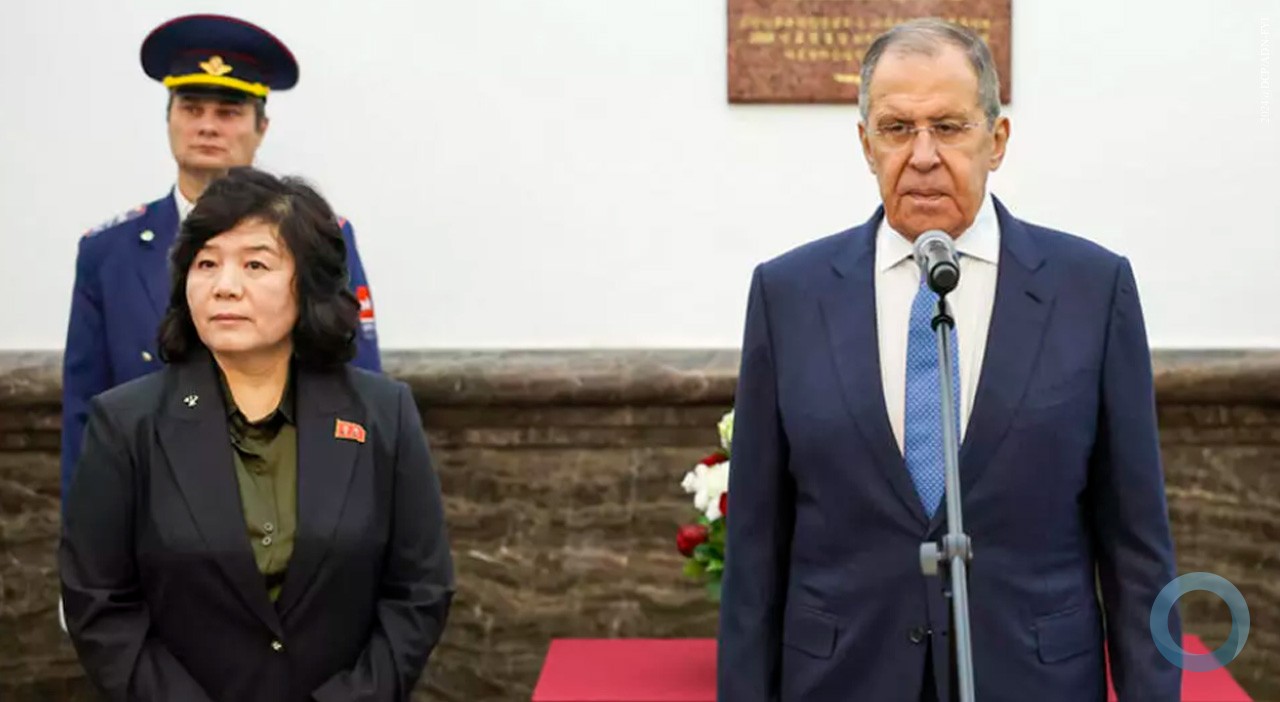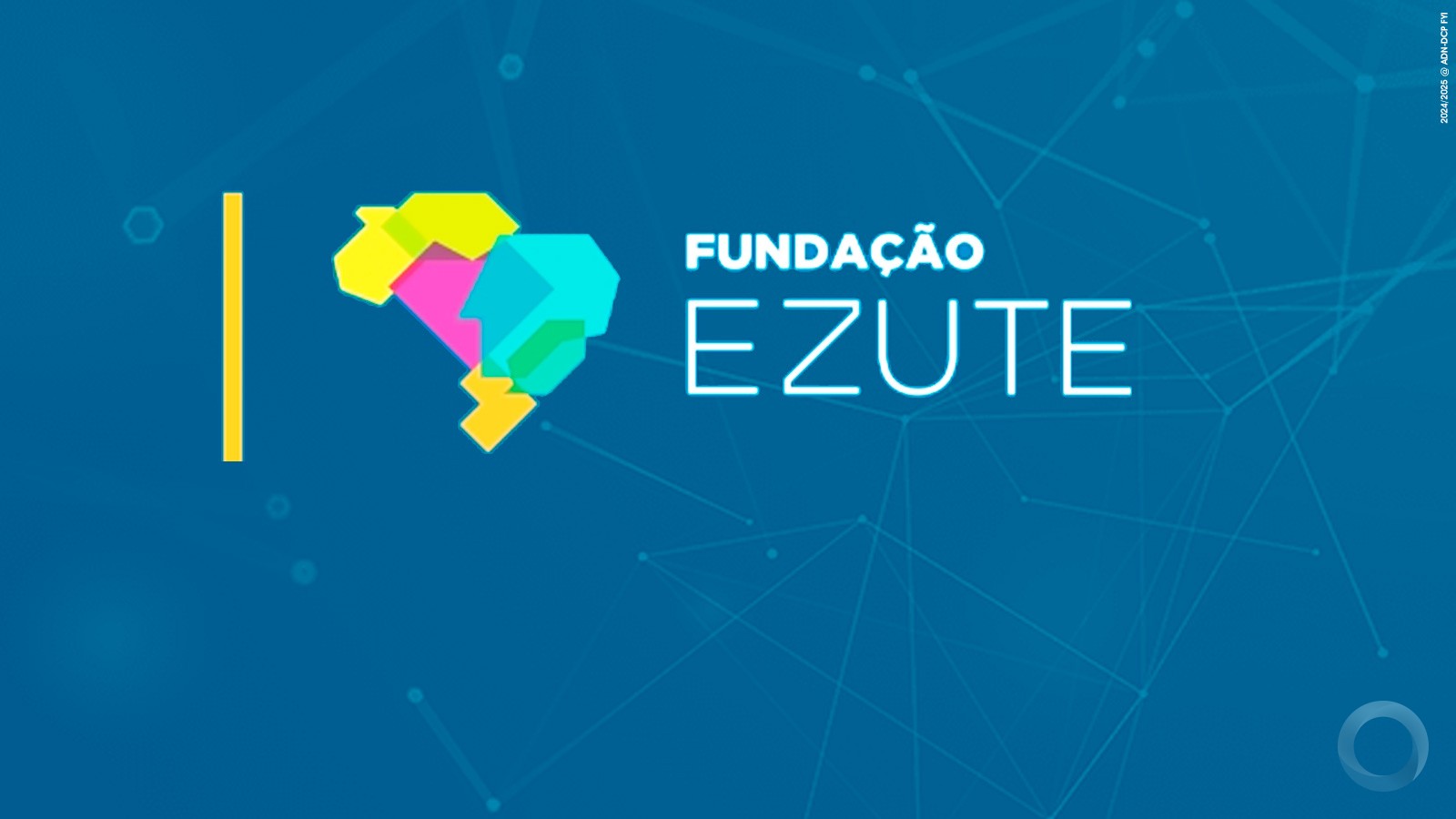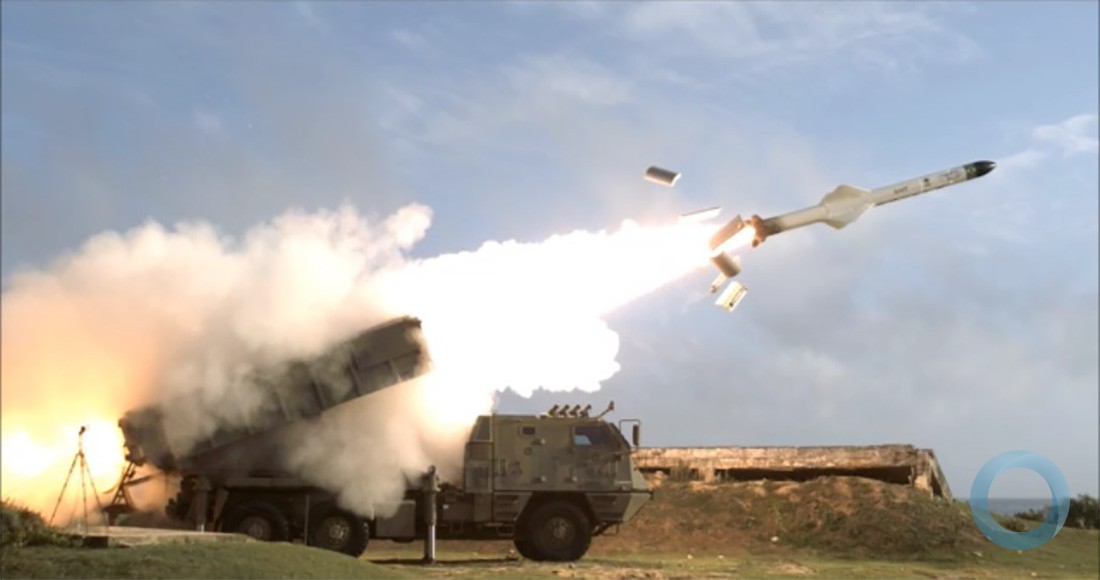The National Center of Informatization (NCI) and the Central Research Institute of Economy, Informatics, and Control Systems (CRI EICS) will create a competence center for software development that will consolidate the resources to conduct large-scale projects for the development of Russian software.
Rostec's new strategy Rostec until 2025 approved at the 2015 year-end provides for, among other things, making inroads into the IT market, increasing the share of products manufactured by the electronic cluster (that, in addition to the R&D Institute, includes Ruselectronics holding company, United Instrument Manufacturing Corporation, Concern Avtomatika, Shvabe holding company, RT-Inform, Yota Devices, and Electroni?s Central Research and Development Institute). In addition, the state corporation plans to foster new emerging capital-intensive markets in Russia, promote new professional skills and highly intellectual jobs
In this regard, the National Center of Informatization is being faced with new, large-scale tasks. In particular, a competence center for software development will be founded at the NCI.
Since 2016, Konstantin Solodukhin has led the National Center of Informatization as the new CEO. The change of CEOs is also a product of global changes within Rostec.
Previously, Konstantin Solodukhin worked in another subsidiary of the State Corporation, the Central Research Institute of Economy, Informatics, and Control Systems. Creating a competence center for software development necessitates the concentration of resources, including project teams of developers and managers with experience in conducting large-scale projects. Therefore, it is assumed that CRI EICS and NCI will be consolidated at the expert level.
CRI EICS’s expertise includes the development and maintenance of basic software (operating systems and database management systems) and trusted platforms and sophisticated ERP and PLM solutions for state needs, particularly the military-industrial complex. The Institute has accumulated extensive experience in creating highly secure systems for special clients.
For their part, NCI experts are capable of developing high-quality solutions for social services and are expanding the demand in the market for the service model. NCI’s fields of expertise include medicine, education, science, culture and sports, public transport, safe city, electoral processes, and e?government. The creation of platforms for civilian use is necessary for the formation of a base for demand that will later reduce the price of domestic products.
NCI has an advantage in that its specialists are familiar with the regulatory framework, are able to speak with representatives of state structures in the language they understand, and understand well their actual problems. The company aims to create a mass service that will benefit the citizens of Russia. It has extensive experience in creating high-loaded systems, such as the single state information system for the health sector (EGISZ), or e-government systems.
The integration of the expertise of the two companies will facilitate synergies and lead to the implementation of the ambitious project to create import-substitution systems and application software for government agencies.
As part of the new strategy, NCI will focus on three main areas: the development of basic systems and application software; implementation of major integration projects in the public sector, including for federal and regional authorities, municipalities, and large corporations; and building an information services model.
One of NCI’s priorities for the near future is ensuring the smooth migration of software applications for state customers onto domestic or trusted platforms. In addition, NCI is planning to form a single control loop for Rostec’s IT assets to create cross-sectorial synergies and, as a result, unique cross-technology developments.
As a result, NCI will become a leader of the Russian market for the provision of information services for the public sector.































